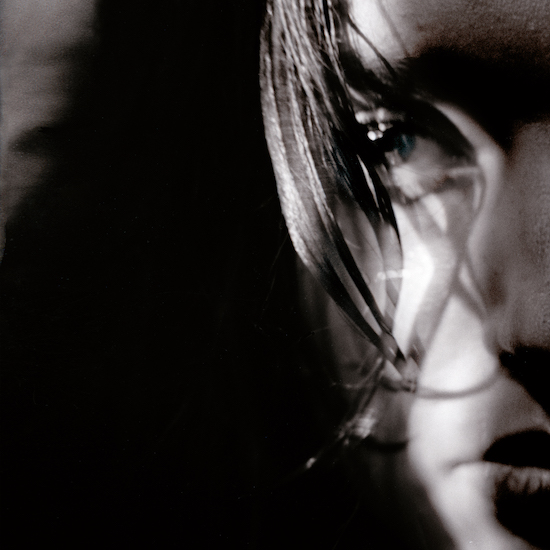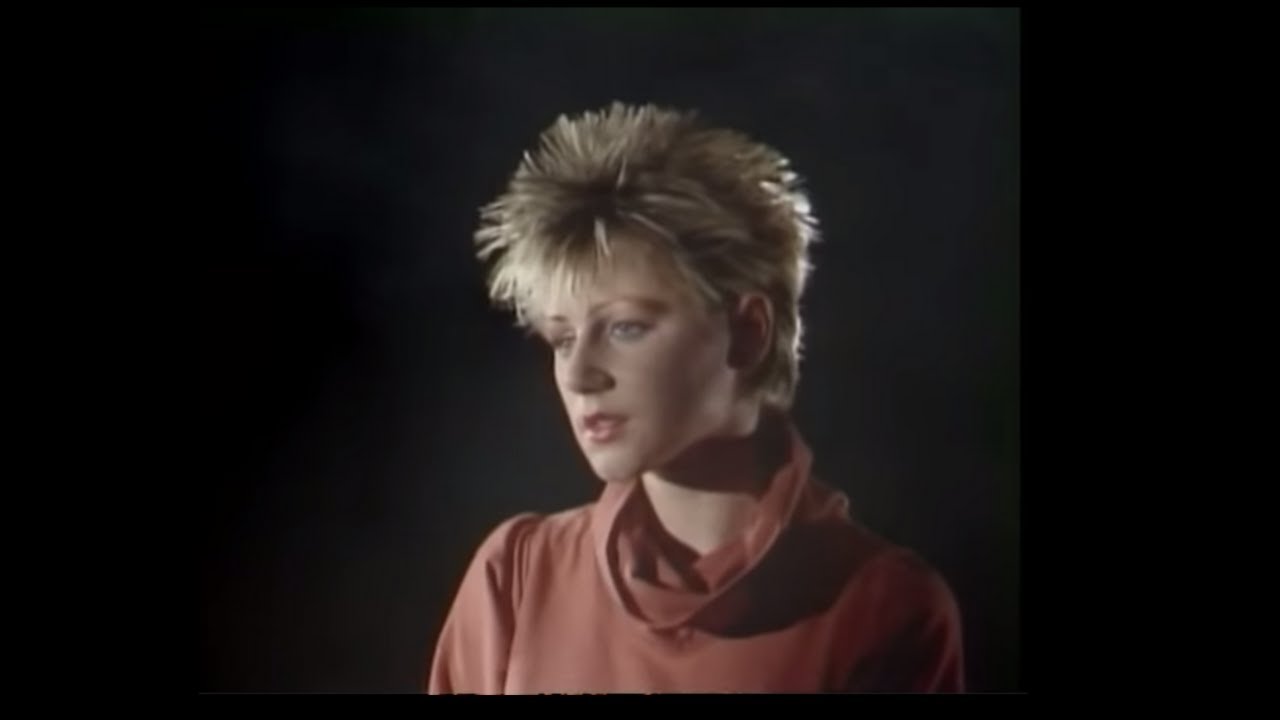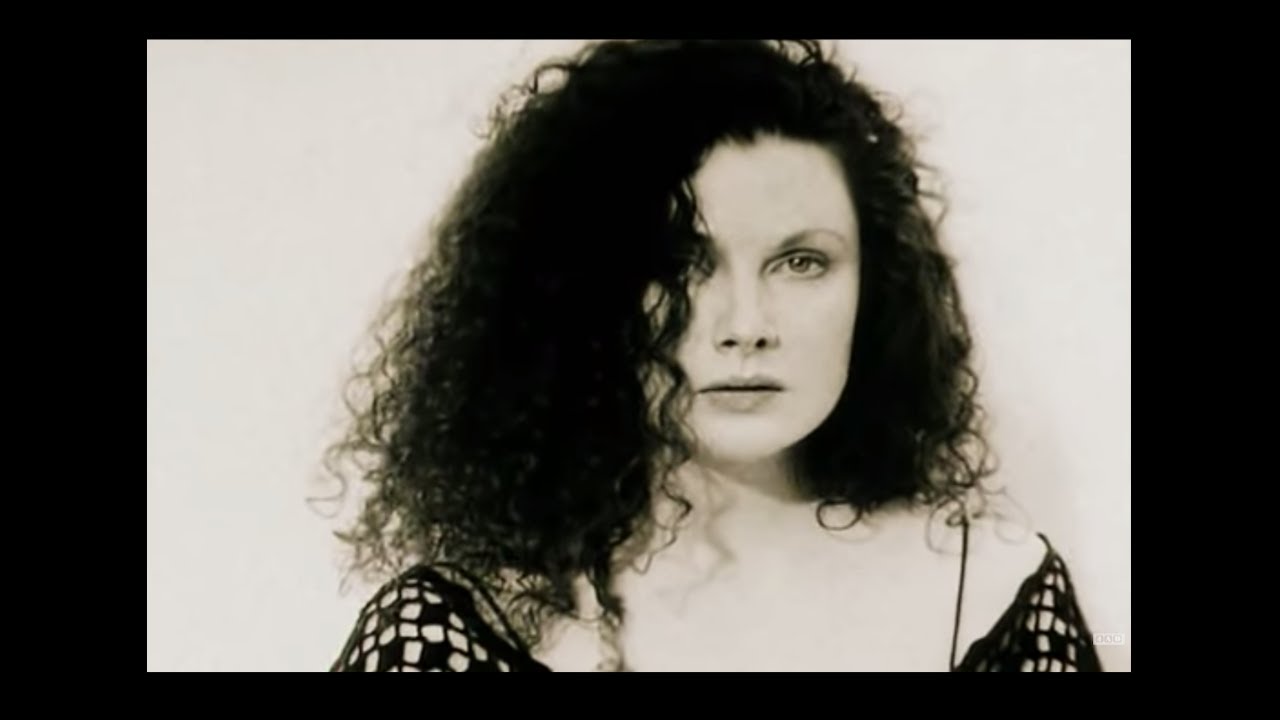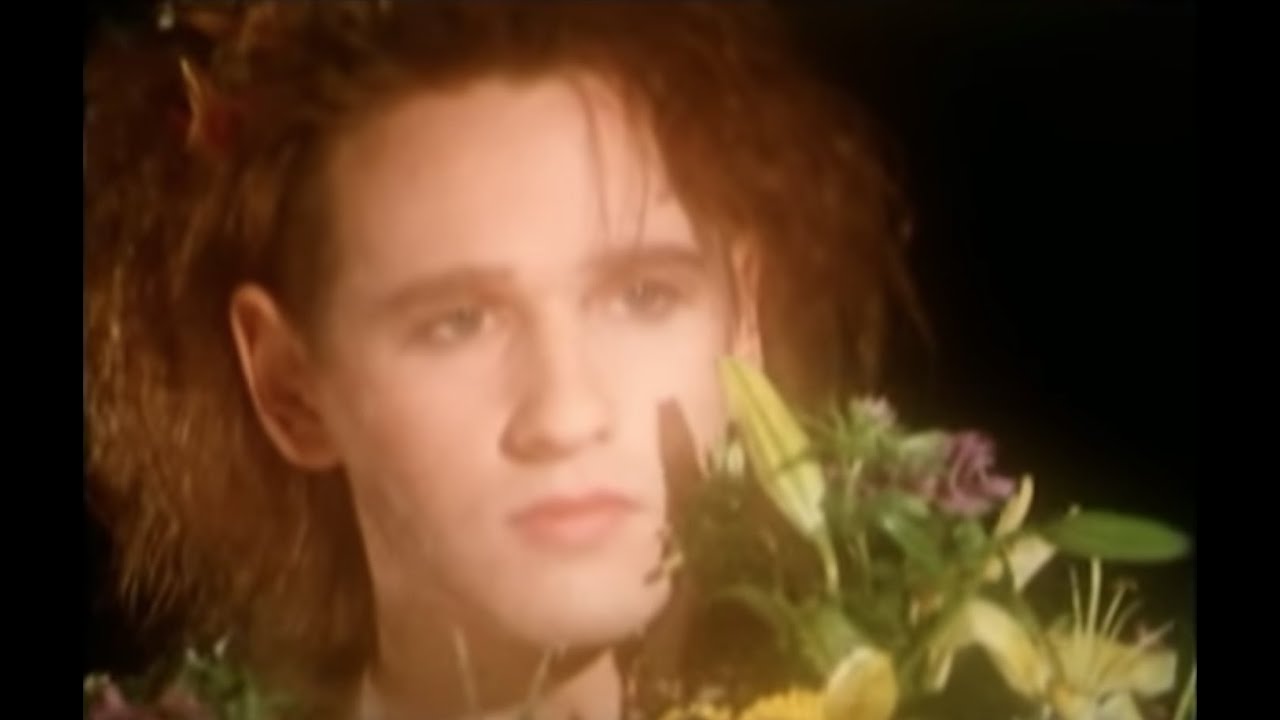Filigree & Shadow
Sifting through the monochromatic, eerie covers of 4AD albums from the 80s can be like walking through a cold, impenetrable fog – you feel you have to brace yourself emotionally for this journey. The label’s in-house art team – Vaughan Oliver and Nigel Grierson, known as 23 Envelope – ranged between psychedelic, indiscriminate textures on Cocteau Twins covers to Simon Larbalestier’s monochromatic Catholic-influenced photography for Pixies. This penchant for dark, impressionistic, oblique aesthetics helped to seal an identity for the label, but can also give the impression that all those bands – This Mortal Coil, Cocteau Twins, Ultra Vivid Scene and Dead Can Dance – shared a uniform sound world. It’s true that This Mortal Coil borrowed members from other 4AD artists – Cocteau Twins’ Elizabeth Fraser, Dead Can Dance’s Brendan Perry and Pixies’ Kim Deal – but the project did at times include less well known artists that label owner and band member Watts-Russell discovered, and they soon developed their own sound, distinct from that of their label-mates.
Despite their tendency towards dirges (their cover of Tim Buckley’s ‘Song To The Siren’ is bleaker than the original), the band’s albums are vivid and eclectic in texture, using collaging and sampling techniques, drum machines and proto trip-hop beats. It’s hard to see why they haven’t been used as a sampling goldmine, in the way Cocteau Twins have by pop artists from Prince to The Weeknd. This Mortal Coil’s adherence to minimalism and their celebration of the singer, and their pleasure in overt sound manipulation (in Depeche Mode and Yazoo’s Blackwing Studios), makes them an oddly modern-sounding 4AD group.
Here’s a short introduction to the heavy-duty emotional landscapes you’ll come across on these reissues.
Their cover of Tim Buckley’s ‘Song To The Siren’
Since its first public outing on The Monkees’ TV show in 1968, just before it was released on Buckley’s Starsailor in 1970, Song To The Siren has been covered by Sinead O’Connor, George Michael and Half Man Half Biscuit. But TMC’s version is sublime. Elizabeth Fraser interprets Buckley’s track with a mournful expressivity – she pulls you straight into This Mortal Coil’s gothic vacuum and refuses to let go. According to Watts-Russell, it was originally just going to be Fraser singing over the original backing track, but then they decided to make a new version: “Begrudgingly, Elizabeth’s partner and fellow Cocteau Robin Guthrie offered to play some guitar to accompany her vocals. He wasn’t really that interested in doing it… He did it just once through and it sounded so good that we decided to keep it.” And the track became crucial to This Mortal Coil: “It was the reason why I turned what was originally just a one-off musical project into something more ambitious.”
Their vast cast of vocalists
Ivo Watts-Russell employed singers well-known and obscure for This Mortal Coil recordings. You can imagine every single one of this strange super-group’s members appearing at Twin Peaks: The Return’s Bang Bang Bar venue (David Lynch actually tried but failed to secure the band’s cover of ‘Song To The Siren’ for Blue Velvet). Elizabeth Fraser is perhaps the best known, but there’s also Caroline Crawley (formerly of alternative band Shelleyan Orphan) on Blood along with Deirdre Rutkowski of 80s Scottish soul-pop band Sunset Gun. Deirdre’s sister and Sunset Gun co-founder Louise Rutkowski also features and, like many of This Mortal Coil’s lesser-known vocalists, she barely records at all post-TMC. Taken from her album Diary Of A Lost Girl, the track ‘Mimi’ recorded in 2011 with The Blue Nile’s engineer Calum Malcolm hints her developing her own lustrous palette, many years on from This Mortal Coil. Perhaps the most mysterious appearance is that of unknown vocalist Ikuko Kozu, whose first and only appearance as an artist seems to be on This Mortal Coil’s track ‘Bitter’.
The doom ballads of Filigree & Shadow
This Mortal Coil’s second 1986 album is a fraction more ballad-orientated than It’ll End In Tears, released two years before it. Its production sounds more expansive, falling back less on the stylistic tropes of punk bands like Siouxsie And The Banshees or early Cocteau Twins. ‘The Jeweller’ in particular sounds unhinged, almost listless, like John Cale’s bleakest moments on Music For A New Society. This track’s vocalist is Dominic Appleton of shoegaze band Breathless, and the way his lisp comes through at points here gives a rough distinctiveness and vulnerability to an otherwise sturdy baritone. This album is perhaps the most melodically strong because of its piano and string sections – it’s melancholy, but its spaciousness is at times also quite wondrous. In its dark ambience, sonic exploration and storytelling, you can find similarities between the album’s ballads and Nick Cave’s Skeleton Tree.
Cover of Alex Chilton’s ‘Holocaust’ and status as a 4AD ‘covers band’
This Mortal Coil often relied on covers rather than their own written material, their interpretations were very characterful. Featuring on It’ll End In Tears, Howard Devoto provides the vocal part for This Mortal Coil’s cover of Alex Chilton’s ‘Holocaust’, which originally depicted the increasingly strung-out and emotionally unhinged side of the Big Star songwriter. The album also features another Chilton cover, ‘Kangaroo’. The musical arrangements of ‘Holocaust’ were provided by Simon Raymonde, and it has a similar feel to Cocteau Twins in terms of its murky quality. As with much of This Mortal Coil’s material, processing ‘Holocaust’ requires a lot of emotional investment from the listener; the song refers to a particularly low point in Chilton’s life, with strong allusions to the destructive nature of his addictions.
The inherent politics of This Mortal Coil
This Mortal Coil were never explicitly political, but there is political sentiment in their existential obsessions with futility and personal defeat. On Filigree & Shadow’s ‘Tarantula’, the lines “decisions lie with stupid men” depict a suffering which looks beyond the personal. These less introspective moments from This Mortal Coil appear as revelatory flashes, like a lighthouse that only briefly emerges in the distance. You get another glimpse in their cover of The Byrds’ English-language interpretation of Turkish poet Nâzım Hikmet Ran’s ‘I Come And Stand At Every Door’, reimagined as a minimal track with the lurching drums of a spectral marching band and with two vocalists – Tim Freeman, of 4AD regulars Frazier Chorus, and Louise Rutkowski. Unlike The Byrds’ version, this is a gothic interpretation of Hikmet’s protest poem narrated by the spirit of a child killed in the bombing of Hiroshima. It’s a hard thing to digest in one sitting.
Sampling and collaging
‘Bitter’ comes straight after ‘I Come And Stand At Every Door’ on Blood, and gives an immediate contrast. It’s introduced with howling guitar and a frosty glam stomp, before the drama is peeled back to reveal a more minimal drum beat and vocals that make it sound as if singer Louise Rutkowski is standing alone under a spotlight. Towards the end of the track you can hear almost trip-hop beats emerging – which makes sense, in light of Massive Attack’s love for Elizabeth Fraser. You’ll hear samples of a child trying to speak among bird calls – there’s something very ‘new age’ about This Mortal Coil in the way they use tropical sounds together with the gothic. Also on Blood, ‘Baby Ray Baby’ samples and loops a drum pattern from Can’s ‘Halleluhwah’, driving the track in a shuffling, ambling manner. This Mortal Coil again prove themselves to be much more than a straightforward guitar band – they have much in common with Dead Can Dance in this respect – and Blood starts to sound like a shuffled deck of influences that have a strange orderliness to them.





